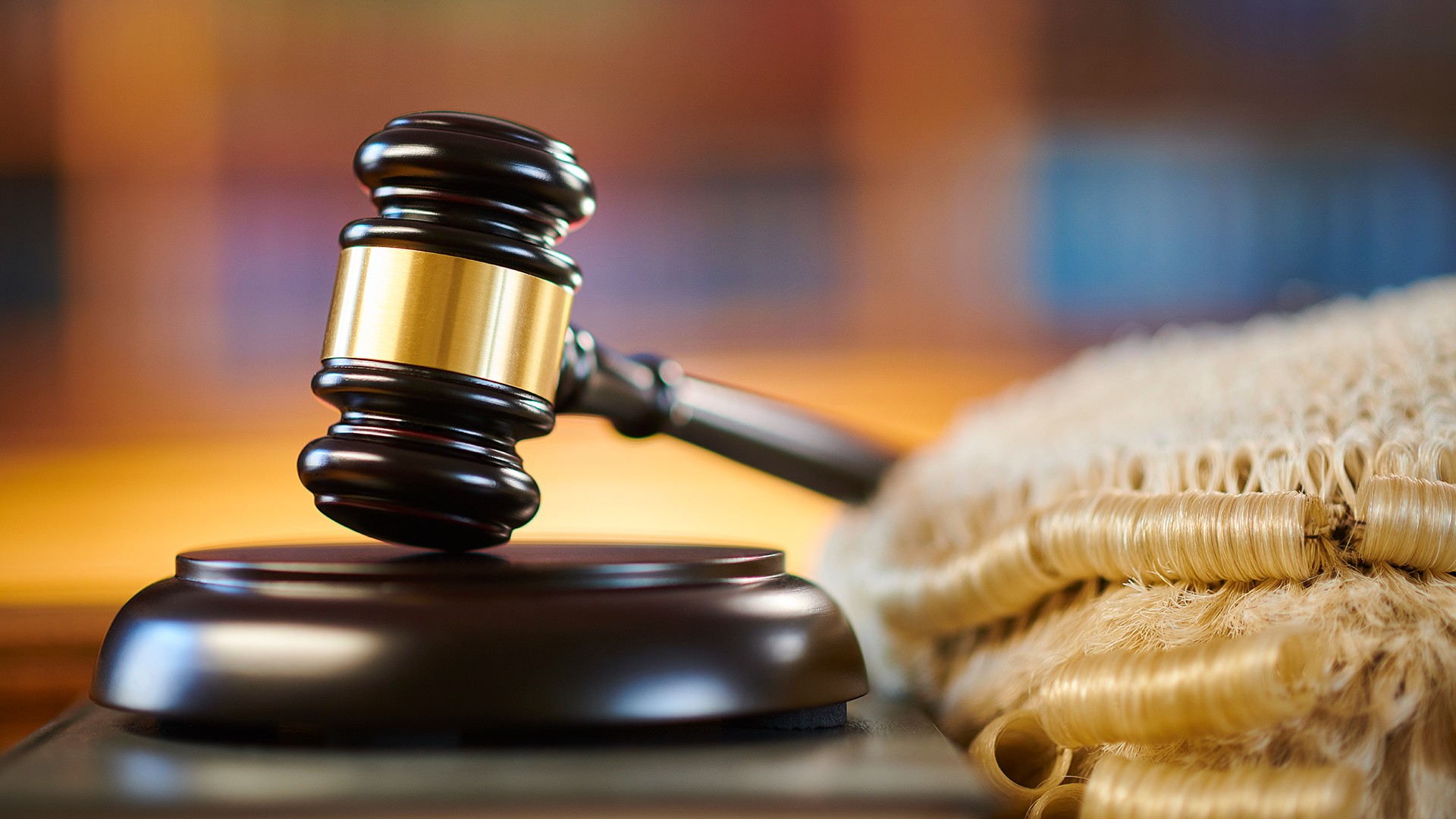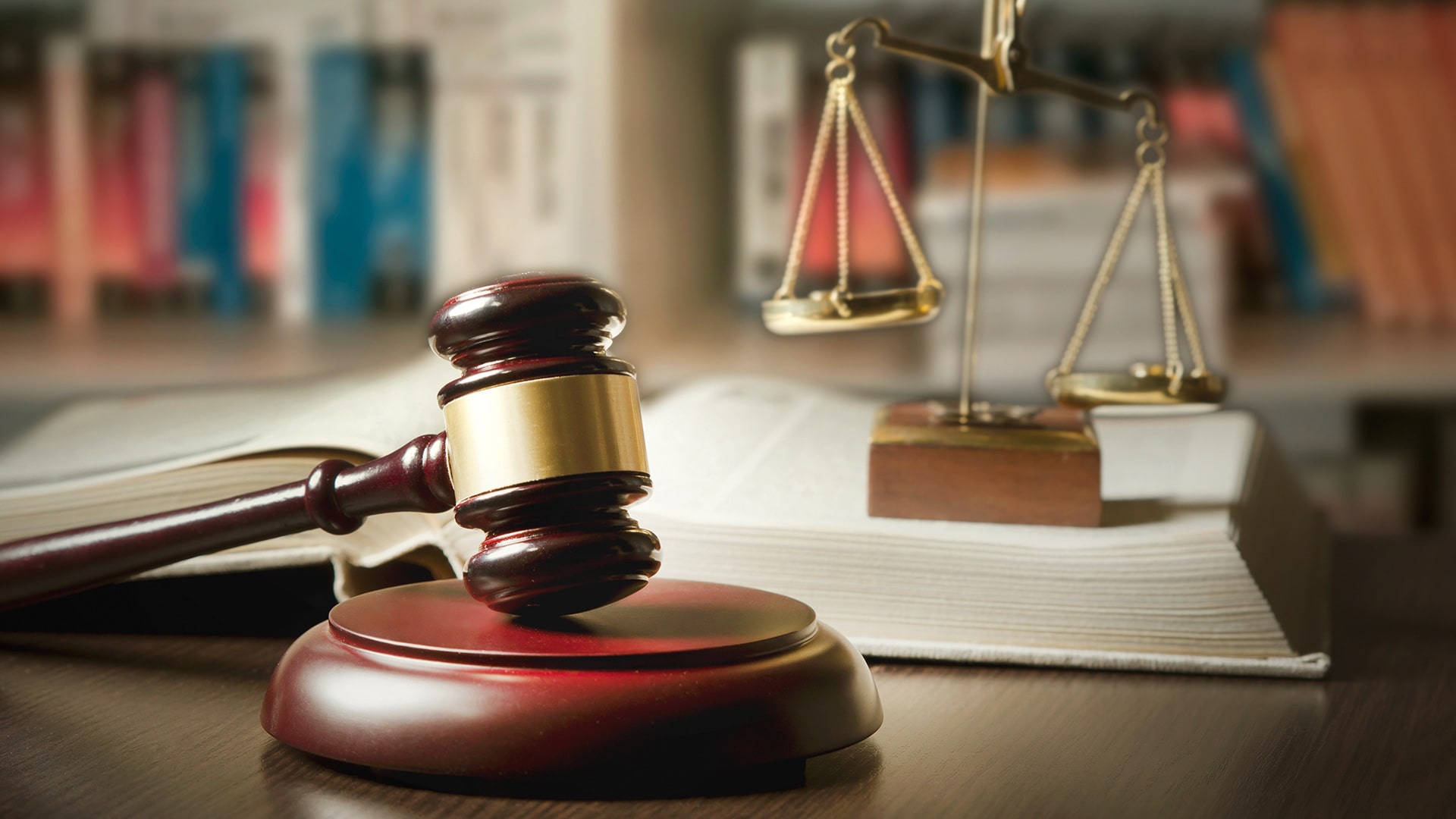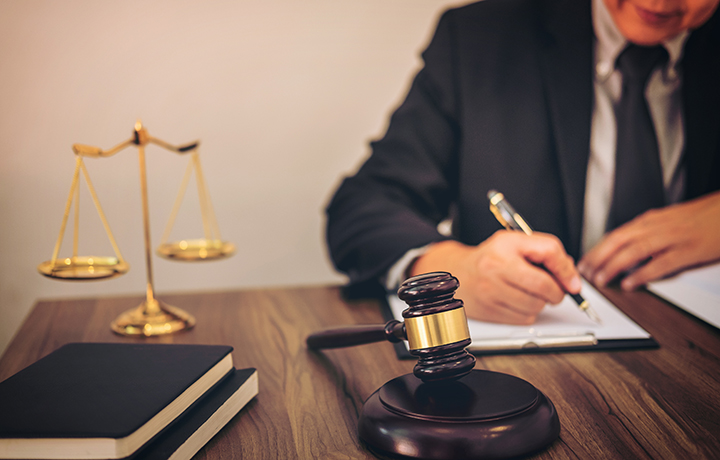
The Essential Guide to Florida Civil Appeal Lawyers
The appeals process in Florida’s civil courts can be daunting, especially without the right legal representation. When it comes to overturning or modifying a lower court’s ruling, having a skilled Florida civil appeal lawyer on your side is essential. Unlike trial attorneys who focus on evidence and witness testimony, civil appeal lawyers specialize in reviewing court records, identifying legal errors, and arguing complex legal points on appeal. Here’s an in-depth guide to understanding what Florida civil appeal lawyers do and how to choose the right one for your case.
What is a Civil Appeal?
A civil appeal is a request for a higher court to review the decision made by a lower court. In Florida, the appeals process examines whether legal errors affected the outcome of the trial, not whether the facts of the case are in dispute. Appeals are not opportunities to present new evidence; they focus on the trial record, legal arguments, and whether the lower court followed the law accurately.
The Role of a Civil Appeal Lawyer
A civil appeal lawyer focuses exclusively on the appellate process. They are experts in analyzing trial records, identifying possible legal errors, and creating persuasive written briefs that argue why the trial court’s decision should be overturned or upheld. Appellate lawyers are also skilled in oral argument, where they respond to judges’ questions and defend their client’s position.
Key Responsibilities Include:
- Reviewing the Trial Record: Appellate lawyers go over the entire trial transcript and evidence to identify any potential errors made during the trial.
- Writing Appellate Briefs: This is a detailed document that outlines the legal grounds for appeal and explains why the lower court’s decision should be reconsidered.
- Presenting Oral Arguments: Appellate attorneys may present oral arguments before a panel of judges, answering questions and reinforcing the points made in their briefs.
Why You Need a Civil Appeal Lawyer in Florida
The appellate process is complex and highly specialized, requiring a deep understanding of Florida’s appellate rules, legal precedents, and procedural requirements. Unlike trial lawyers, civil appeal lawyers bring a unique set of skills tailored to presenting and arguing legal points on appeal.
Benefits of Hiring a Civil Appeal Lawyer
- Expertise in Legal Analysis: Appeal lawyers focus on interpreting and applying complex legal standards, making them essential for reviewing trial errors.
- Skilled Writing and Argumentation: The appellate brief is critical to the appeal’s success. Civil appeal lawyers excel at crafting clear, persuasive written arguments.
- In-Depth Knowledge of Florida Law: Familiarity with Florida’s appellate rules and standards ensures compliance with strict procedural requirements, reducing the chance of dismissal due to technical errors.
Qualities to Look for in a Florida Civil Appeal Lawyer
Choosing the right civil appeal lawyer is crucial to the success of your appeal. Here are the qualities to prioritize when selecting an attorney:
1. Proven Experience in Civil Appeals
Look for attorneys who have handled numerous civil appeals in Florida. Experience with cases similar to yours is particularly valuable, as it indicates the lawyer’s understanding of the specific legal issues involved.
2. Strong Research and Writing Skills
The ability to write clear, compelling briefs is one of the hallmarks of a successful civil appeal lawyer. Reviewing sample briefs from potential lawyers can give insight into their skill in crafting persuasive written arguments.
3. Effective Communication and Reputation
A reputable lawyer who communicates openly and effectively can make the appeals process smoother. Their reputation among peers and judges may even lend additional credibility to your appeal.
4. Record of Success in Appeals
An attorney’s success rate in past appeals is an important factor to consider. While past results do not guarantee future outcomes, a high success rate in similar cases may suggest a strategic and effective approach.
The Civil Appeals Process in Florida
Understanding the civil appeals process can help you work more effectively with your lawyer and anticipate what’s involved.
Step 1: Filing the Notice of Appeal
The appeal process begins with filing a Notice of Appeal within the deadline, which is usually 30 days from the final judgment. This document signals your intent to appeal the court’s decision.
Step 2: Preparing the Appellate Briefs
The appellant, or party appealing the decision, submits a written brief explaining the legal errors they believe affected the trial’s outcome. The appellee, or opposing party, then files a response brief. A civil appeal lawyer’s expertise in crafting these briefs is essential, as they form the foundation of the appeal.
Step 3: Oral Argument (if applicable)
In some cases, the appellate court may schedule an oral argument where both parties’ attorneys can present their positions and answer the judges’ questions. Effective oral argument skills are vital here, as judges may base their decisions on these exchanges.
Step 4: Appellate Court Decision
The appellate court will review the briefs and oral arguments (if conducted) before rendering a decision. The court may affirm, reverse, or modify the lower court’s judgment, or remand the case for further proceedings.
How to Choose the Right Civil Appeal Lawyer in Florida
When searching for a civil appeal lawyer in Florida, consider the following steps to ensure you find the best representation for your case:
- Research Potential Lawyers: Use resources like the Florida Bar Association and legal directories to find lawyers with appellate expertise in civil cases.
- Schedule Consultations: Initial consultations provide an opportunity to discuss your case and assess the lawyer’s knowledge, experience, and approach.
- Ask Key Questions: During consultations, ask about the lawyer’s experience with similar cases, their success rate, and how they plan to approach your appeal.
- Evaluate Their Strategy: A qualified civil appeal lawyer should outline a clear, strategic plan for your appeal, detailing the specific issues they will address and their method for presenting your case.



